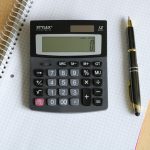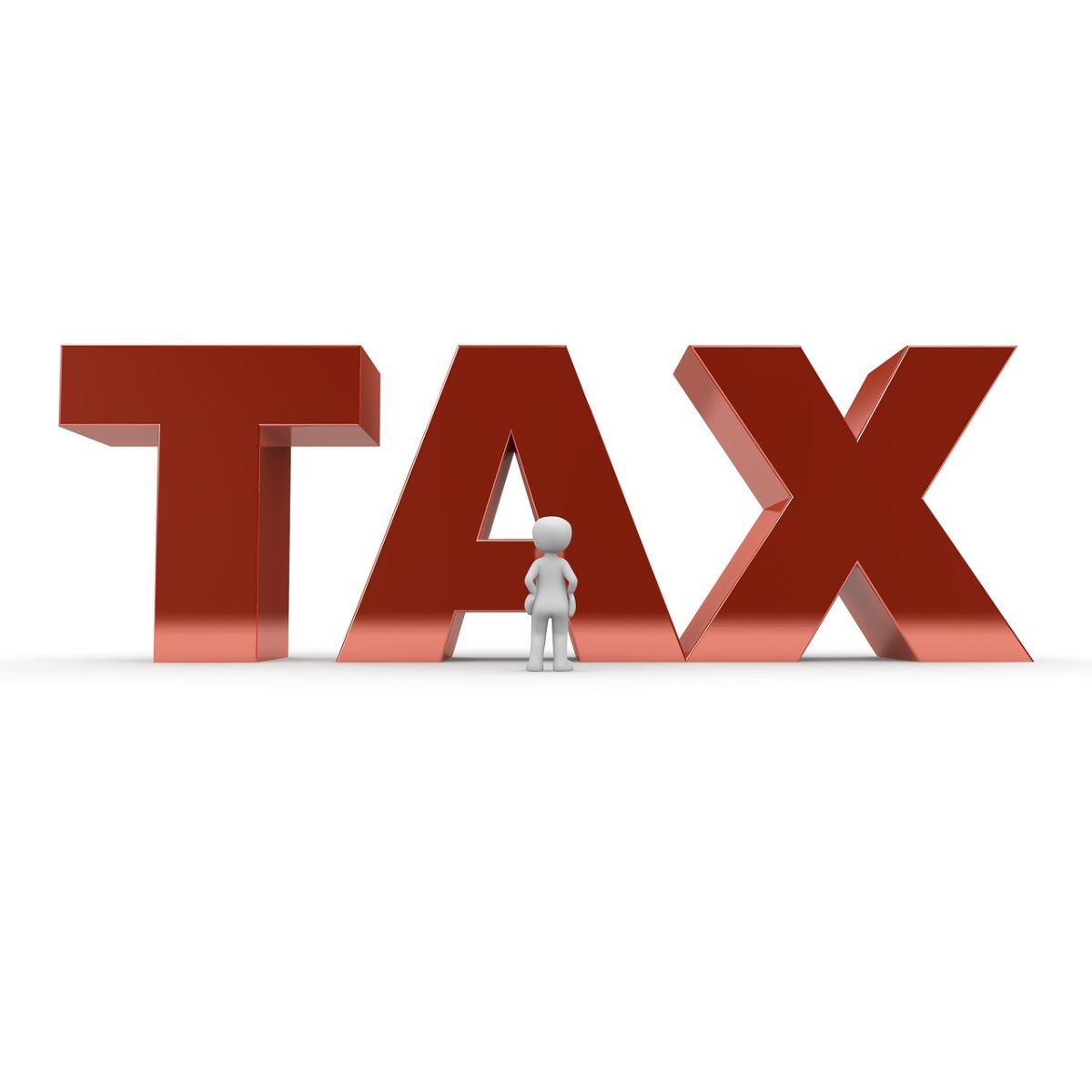If you are married or in a civil partnership you might be entitled to a tax break of £1,149 called the Marriage Allowance. This allowance is not available if you simply live together.
The Marriage Allowance lets you transfer 10% of your Personal Allowance to your spouse/civil partner.
The conditions to make a claim are:
- the lower earner must have income below the Personal Allowance (£12,500 for 2019/20) and
- their spouse/civil partner must be a basic rate tax payer (between £12,501 and £50,000 for 20197/20).
The claim can be backdated to 2015/16 so if you and your spouse/civil partner were eligible you could claim:
| 2015/16 | £212.00 |
| 2016/17 | £220.00 |
| 2017/18 | £230.00 |
| 2018/19 | £237.00 |
| 2019/20 | £250.00 |
| £1,149.00 |
How do I apply
The lower earner can apply for the Marriage Allowance online (www.gov.uk/apply-marriage-allowance) or by calling HMRC on 0300 200 3300.
If you or your partner were born before 6 April 1935, you might be better off applying for the Married Couple’s Allowance instead (www.gov.uk/married-couples-allowance).
How will I get the tax back?
HMRC will give the higher earning partner their extra allowance by:
- changing their tax code or
- when they submit their Self-Assessment tax return if they are self-employed.
If the tax code is changed it can take up to 2 months for the claim to be processed. Your new tax code will end with ‘N’.
You will be sent any backdated allowance as a cheque.
Do I need to apply each year?
Your Personal Allowance will automatically transfer each year until you cancel the Marriage Allowance.
When does the Marriage Allowance stop?
You need to notify HMRC if one of the following happens:
- you get divorced or dissolve your civil partnership
- the lower earner earns more than the personal allowance in a tax year
- the higher earner becomes a higher rate tax payer
If the lower earner asks HMRC to stop transferring the allowance to their partner, it will run until the end of the tax year (5 April).
If the higher earner asks to stop receiving the allowance, HMRC will backdate the change to the start of the tax year.
What happens if my partner dies?
If your partner dies after you have transferred some of your Personal Allowance to them, the estate will be treated as having the increased Personal Allowance and your Personal Allowance will go back to normal.
If your partner transferred some of their Personal Allowance to you before they died your Personal Allowance will remain at the higher level until the end of the tax year and their estate will be treated as having the smaller amount.
Can I apply if my partner has died?
A new rule was introduced in November 2017 which means that widows or widowers can claim up to £1,149 in backdated marriage allowance.
If you meet the criteria, you will be eligible for a payment in any tax year in which both of you were alive.
You cannot apply online for this and would need to call HMRC on 0300 200 3300.
Links:








